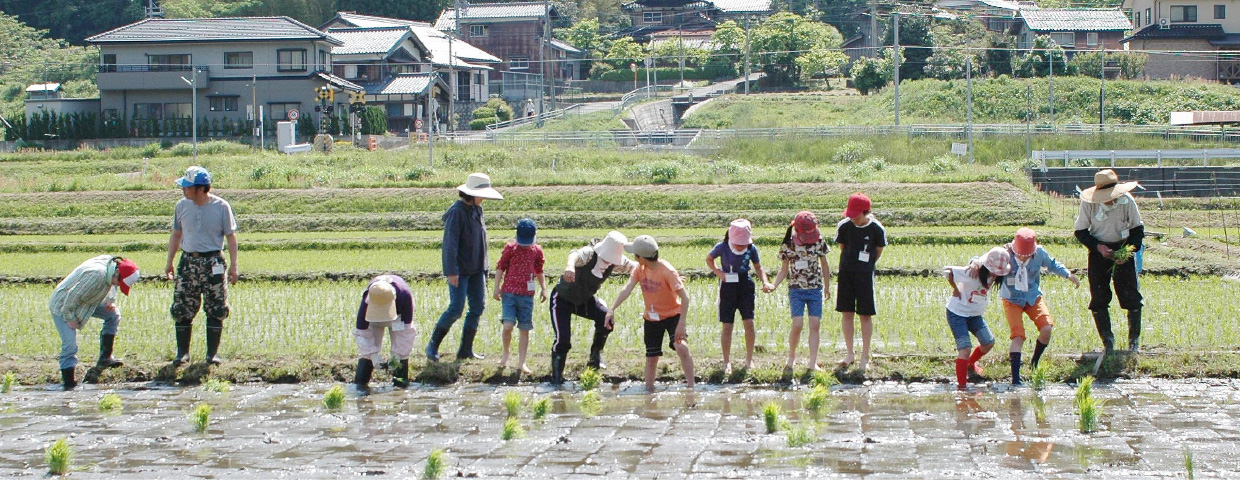NEWS

Session at ISAP 2021 Highlights Benefits of Landscape Approaches
2021.12.13
On 2 December 2021, UNU-IAS, host of the IPSI Secretariat, co-hosted an online session at the 13th International Forum for Sustainable Asia and the Pacific (ISAP 2021) that highlighted the interdependence of biodiversity and climate change, focusing on landscape approaches. The Thematic Track Session, “Landscape Approaches for Biodiversity, Climate Change and Sustainable Development Co-benefits”, was organised in partnership with the Institute for Global Environmental Strategies (IGES). It presented two case studies from IPSI members, World Agroforestry Centre and VICAM: Vicuñas, Camélidos y Ambiente, with experience in socioecological production landscapes and seascapes (SEPLS).
A keynote speech by Kazuhiko Takeuchi (President, IGES; Visiting Professor, UNU-IAS) emphasised that climate change, biodiversity, and the quality of human life were interdependent, and therefore, climate and biodiversity goals mutually supportive. Implementing landscape approaches, which are promoted across the globe by the Satoyama Initiative, can address the interrelated challenges of biodiversity and climate, and provide co-benefits for biodiversity, climate, and human well-being.
Sacha Amaruzaman (Research Fellow, World Agroforestry Centre) presented the first case study, providing insights from Sumatra, Indonesia on enhancing adaptation for improving upland livelihood and landscape. The second case study, “South American Camelids as biocultural components in the Andean Altiplano of Argentina”, was delivered by Verónica Rojo (Researcher, VICAM; Assistant Professor, University of Luján). Himangana Gupta (Visiting Research Fellow, UNU-IAS; Consultant, Ministry of Environment, Forest and Climate Change, Government of India) opened a panel discussion by highlighting the contribution of the Satoyama Initiative in providing data gathered by members of the partnership through first-hand experience. The data reflect work conducted through local initiatives focused on utilising SEPLS and their resources in a sustainable way, by protecting local communities and helping nature heal itself.
Panellists shared the opinion that applying a local lens and connecting with community-led initiatives was key to implementing international agendas for climate change mitigation and sustainable development. It is also important to consider traditional knowledge to tailor sustainability and conservation strategies to community needs rather than importing strategies from other areas.
Closing remarks were delivered by Naohisa Okuda (Director-General, Nature Conservation Bureau, Ministry of the Environment, Japan), who underlined the importance of collaboration and encouraged organisations working on biodiversity issues to join IPSI. The event was moderated by Yasuo Takahashi (Research Manager, IGES).
Further information and a recording of the session is available on the ISAP 2021 website.



